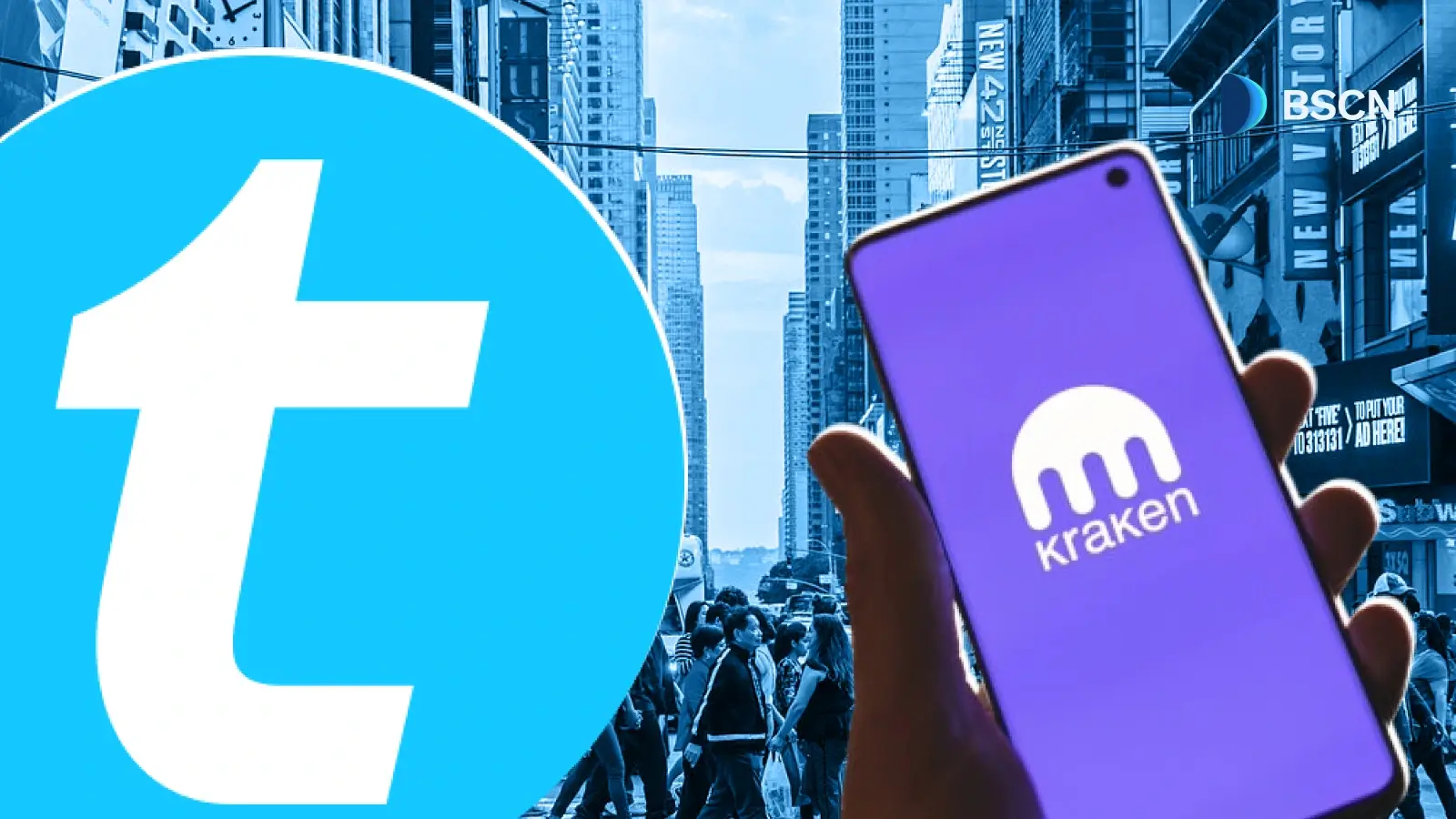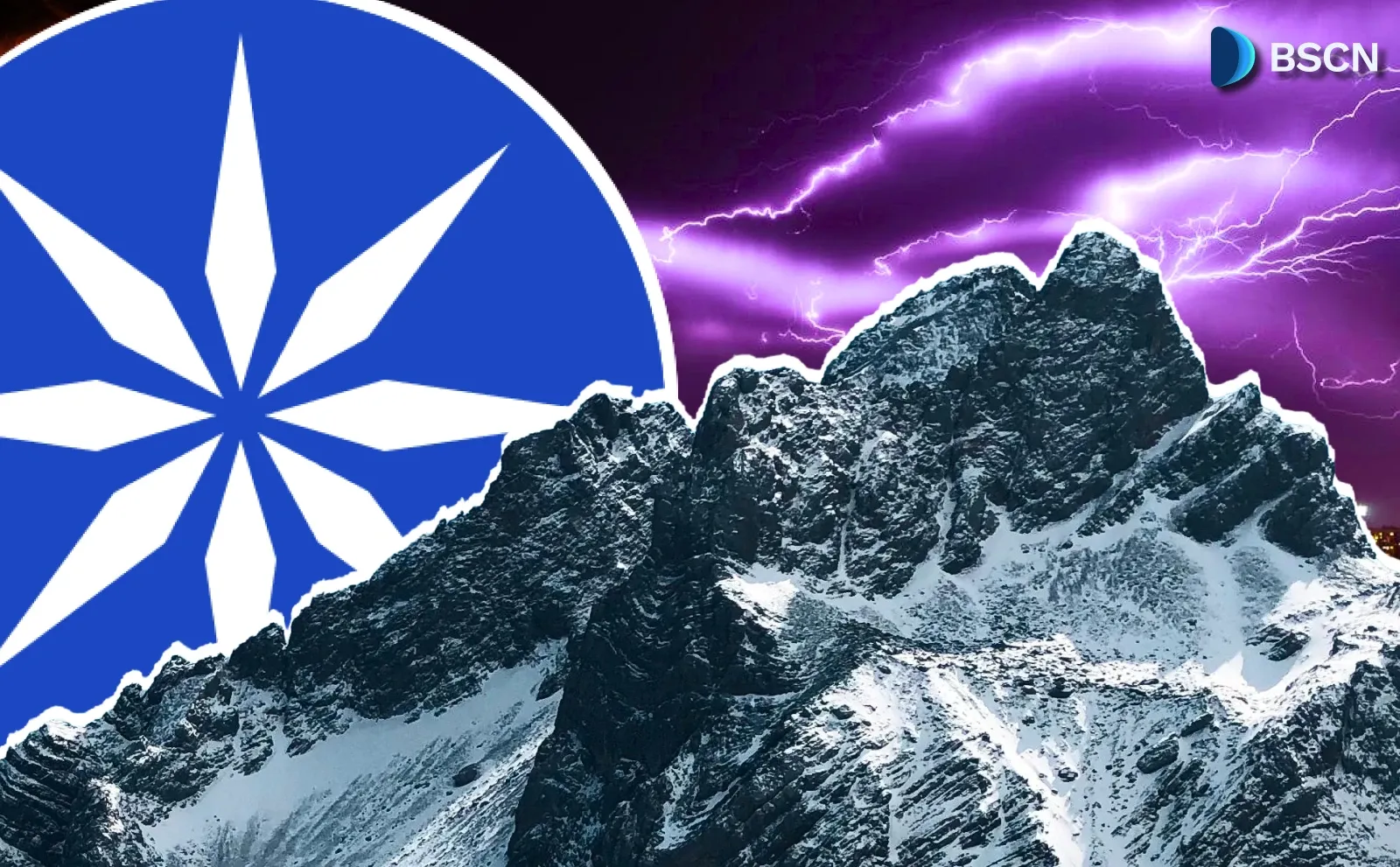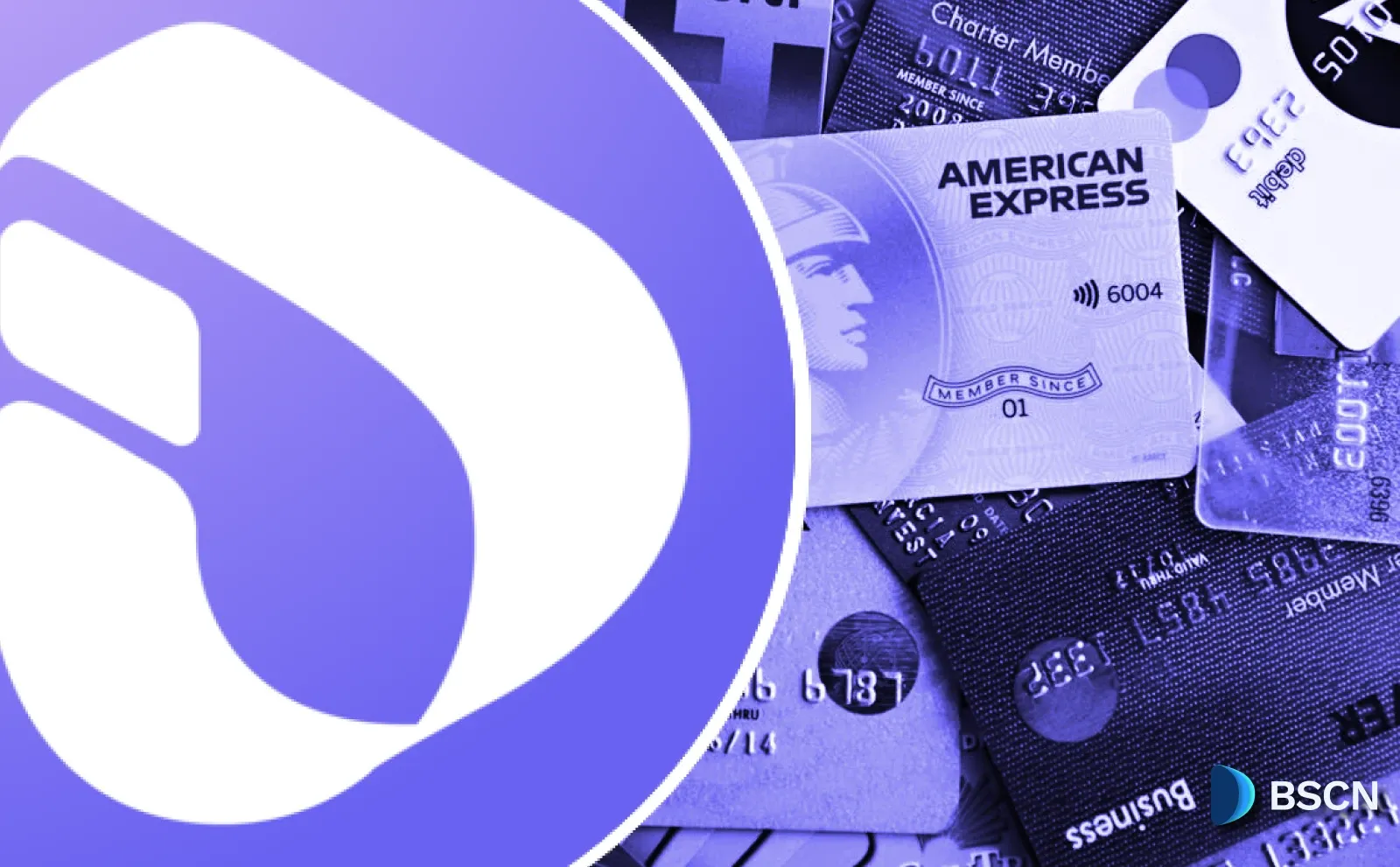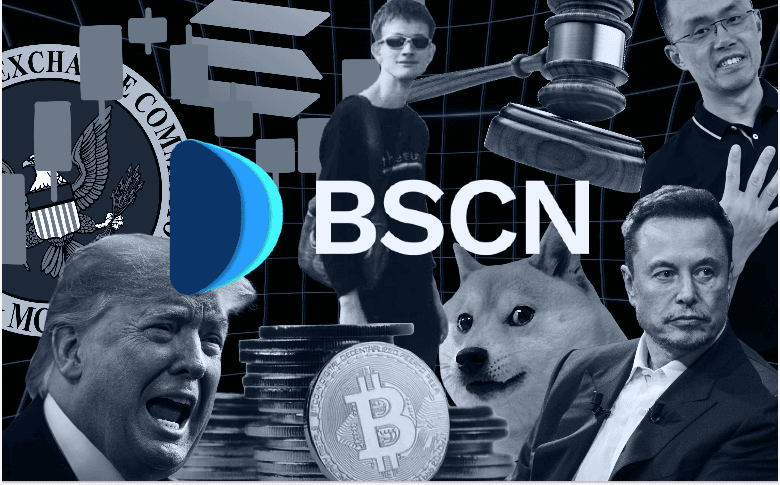BNB
(Advertisement)
Project Insight: CertiK

The Shentu Foundation is a nonprofit, research-driven organization whose mission is to give people the power to trust the blockchain.
BSCN
March 15, 2022
(Advertisement)
Table of Contents
Certik Foundation AKA Shentu Foundation
The ability to trust in any platform building on a blockchain is second to none. Therefore, security is a significant factor in the Decentralized Finance (DeFi) industry. Certik Foundation, now revamped to Shentu Foundation, was launched with the core motive of bringing confidence to the DeFi space.
The Foundation is a nonprofit, research-driven organization with a mission to give people the power to trust blockchain technology. In addition, Certik hopes to raise security standards across the space by promoting its security software.
Formerly called the Certik Chain, Shentu Chain provides developers with the safeguards and flexibility to code confidently, facilitating blockchain adoption for developers and larger enterprises.
Shentu Chain is a security-oriented blockchain that enables provable trust for all. The ecosystem consists of security products such as the ShetuShield, Shentu Security Oracle, DeepWallet, Shentu Certified Virtual Machine, and more. This security-first technology stack sets new standards in blockchain, providing stakeholders with the protection needed to transact with one another more securely and efficiently.

Security Audits
As most people are probably aware, Binance and CertiK have a partnership; both Binance and CertiK are trying to make the crypto space a more secure space. Binance values the audits that CertiK performs, so listing new coins on Binance is more secure and trustworthy after a positive audit.
As more and more people enter the crypto space and the DeFi landscape, the need for good audits becomes bigger. CertiK has already established itself as a qualified player in audits, endorsed by major companies like Binance, Coinbase, and many others.
Of course, an audit is no guarantee of security; but it significantly reduces the risk, as malicious code will be instantly recognized, saving people unnecessary losses.
CertiK also offers a QuickScan product, a new security toolset that uses automated scanning technology to check smart contracts against known vulnerabilities.
Quick scan can produce highly accurate smart contract security scores, which indicate the risk potential for hacks and code malfunctions. The quick scan will take approximately 40–60 minutes to complete its smart contract analysis. More info on QuickScan can be found HERE.
Of course, the full audits for static protection and the security oracle for Dynamic and runtime protection are still available.

CertiK has audited many great projects, the most notable ones being: PancakeSwap, Terra, Aave, and SandBox, ShibaSwap, and Polygon. These are a few projects amongst the 1500+ that CertiK has audited.
Shentu Security Oracle
Oracles are used to send off-chain data in and out of smart contracts on a blockchain. For example, the Shentu Security Oracle retrieves a set of security scores from a decentralized network of security operators dedicated to assessing the reliability of smart contract codes. These operators are rewarded in the Shentu Chain native token $CTK.
The Security Oracle combines these assessments to create real-time, on-chain aggregate scores that anyone can use to validate the smart contract’s security. The Security Oracle continuously aggregates the security assessments of a smart contract into the on-chain score.
Projects can get their code audited strongly to meet their aggressive timelines. Using a decentralized group of security operators, the suite of security primitives is constantly growing. New static analyzers and security tools can be created, and their assessments would also get incorporated into the ever-updating Security Oracle score.
The Security Oracle will build on the security auditing work of Shentu, which has secured billions worth of digital assets across the crypto space. Leading exchanges like Huobi, OKEx, and Kucoin have partnered with Shentu to audit numerous blockchain projects. Ths Security Oracles are essential in determining the reliability of Smart Contracts.
ShentuShield
ShentuShield solves the problem of malicious acts in the blockchain industry. From 2018 to 2020, stolen crypto assets have reached over $7 billion. The main issue is that most of the victims never recover their stolen funds, whether from misplaced private keys or hacking.
ShentuShield was launched by Shentu Foundation to help users under this category. With the innovative ShentuShield Pool, ShentuShield reimburses users who have lost their funds. A ShentuShield pool is a decentralized pool of $CTK used to compensate for any blockchain's stolen, lost, or inaccessible assets. Thus, lost cryptocurrencies can be repaid by members of the ShentuShield pool.
Just like Liquidity Providers in DeFi, members of the ShentuShield pool stake their $CTK tokens. However, while they would receive staking rewards, they also gain a portion of fees paid by other members who reserve a part of the pool to secure their assets.

On the other hand, members seeking to protect their assets can reserve a part of the pool to request a reimbursement if their assets get lost or stolen. However, they would pay a fee, which would go directly to members who have staked their CTK tokens. Members who seek compensation for their stolen or lost funds will first have to submit proposals, which are voted by a decentralized group of ShentuShield members.
The group approves or rejects the claims, and all submissions attract fees to save the system from false claims. In summary, ShentuShield offers a safer way to protect your crypto assets from unexpected losses.
Shentu Certified Virtual Machine (CVM)
The Shentu Certified Virtual Machine (CVM) exposes smart contracts and blockchain security information to the VM code. As such, it facilitates exceptional ways to access, check, depend on, and even dynamically establish blockchain and smart contract security.
CVM also supports advanced formal verification via mathematical proofs and establishes a hierarchy of VM code security so that different technologies can coexist and collaborate with clarity.
DeepSEA
DeepSEA is a functional programming language that allows developers to handle extremely complex code while formally verifying through the coq proof assistant. The service was initially designed to implement systems software like OS Kernels but has evolved to use the same set of features for implementing smart contracts in the blockchain ecosystem.
In simple terms, DeepSEA is a programming language that allows developers to write verified smart contracts.
On-Chain Contract Specification
Smart Contract developers can store the Application Binary Interface (ABI) on-chain, including deployed smart contracts through the Shentu Chain. This unique feature allows users to interact with smart contracts without manually copying and pasting ABIs all the time.
Deep Wallet
DeepWallet is the online wallet provider of the Shentu ecosystem. DeepWallet gives users the power to manage their portfolio securely and track rewards. The wallet is accessible through a web browser and has enhanced features that allow users to stake and earn and deploy smart contracts. Check out the DeepWallet HERE.

Built-In Smart Contract Security
Shentu Foundation offers security beyond auditing and verification. Smart contracts on the CVM can validate other smart contract’s security through cryptographic and mathematical forms for ultimate security assurance. On-chain smart contracts contain cryptographic certificates as proof of verified security.
Closing Thoughts
The Shentu Foundation has a lot going for it, providing security solutions such as audits and oracles and ShentuShield staking from within their own DeepWallet. The numerous great companies and projects that the Foundation works with help contribute to the crypto space's secure future.
An audit by CertiK brings additional value to projects as they can claim to have a more secure product because of the audit.
For users, the ability to insure their funds against theft and losses is sure to be appealing to many. In addition, the ShentuShield pool which offers reimbursement for stolen assets, is also a significant feature for users.
For more info on the Shentu Foundation, check out their (social) media pages:
Website1 | Website2 | Medium | Twitter | Telegram | Discord |
Read Next...
Disclaimer
Disclaimer: The views expressed in this article do not necessarily represent the views of BSCN. The information provided in this article is for educational and entertainment purposes only and should not be construed as investment advice, or advice of any kind. BSCN assumes no responsibility for any investment decisions made based on the information provided in this article. If you believe that the article should be amended, please reach out to the BSCN team by emailing [email protected].
Author
 BSCN
BSCNBSCN's dedicated writing team brings over 41 years of combined experience in cryptocurrency research and analysis. Our writers hold diverse academic qualifications spanning Physics, Mathematics, and Philosophy from leading institutions including Oxford and Cambridge. While united by their passion for cryptocurrency and blockchain technology, the team's professional backgrounds are equally diverse, including former venture capital investors, startup founders, and active traders.
(Advertisement)
Latest News
(Advertisement)
Crypto Project & Token Reviews
Project & Token Reviews
Comprehensive reviews of crypto's most interesting projects and assets
Learn about the hottest projects & tokens

















